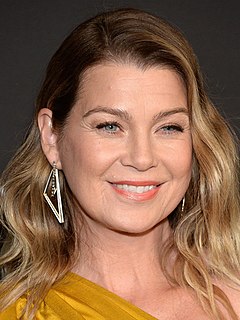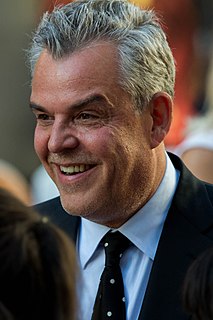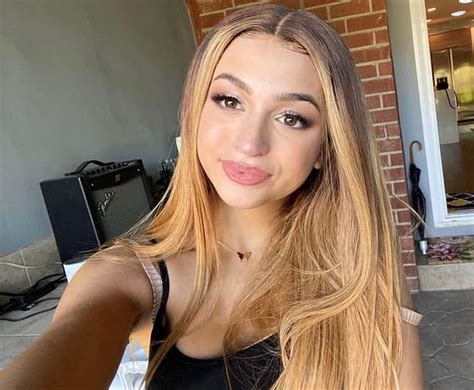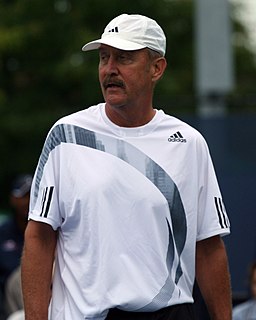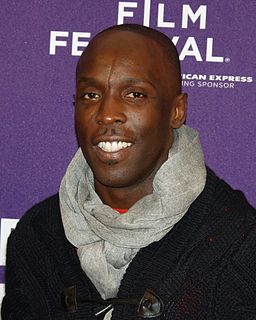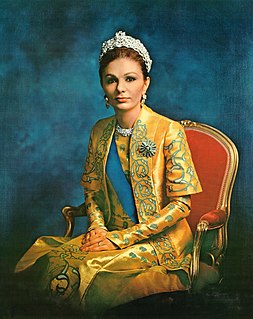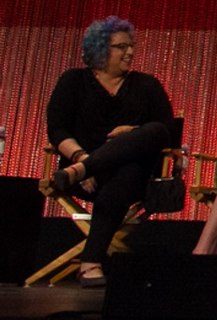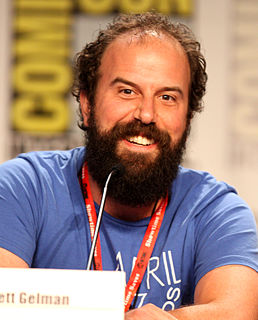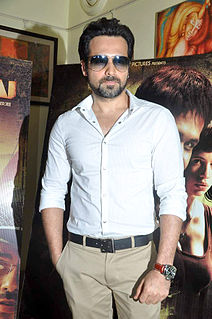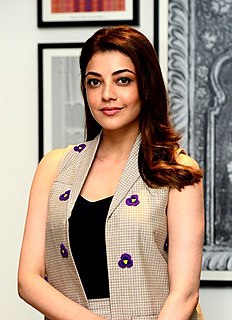A Quote by Chitra Banerjee Divakaruni
I work very hard at creating complex characters, a mix of positives and negatives. They are all flawed. I believe flaws are almost universal, and they help us understand, sympathise and, paradoxically, feel closer to such characters.
Related Quotes
I think, almost, the film industry thinks that by making gay characters super masculine, it's an attempt at saying being gay is OK if you act like straight people. I don't think we should just have gay characters who are 100 percent femme, either. I just think it's about that mix and creating more diverse gay characters.
If you have the personalities down, you understand them and identify with them; you can stick them in any situation and have a pretty good idea of how they're going to respond. Then it's just a matter of sanding and polishing up the jokes. But if you've got more ambiguous characters or stock stereotypes, the plastic comes through and they don't work as well. These two characters clicked for me almost immediately and I feel very comfortable working with them.

